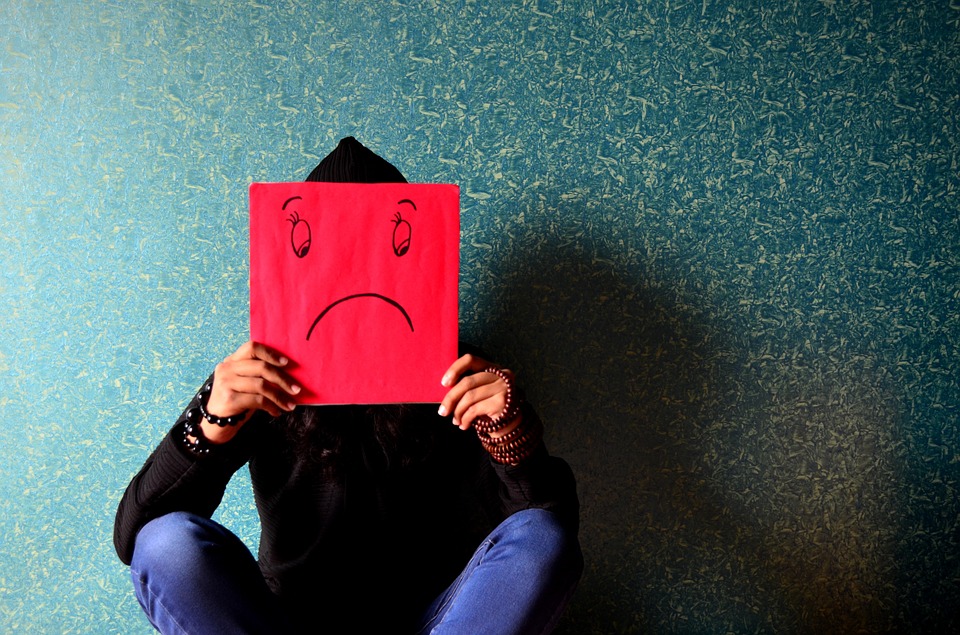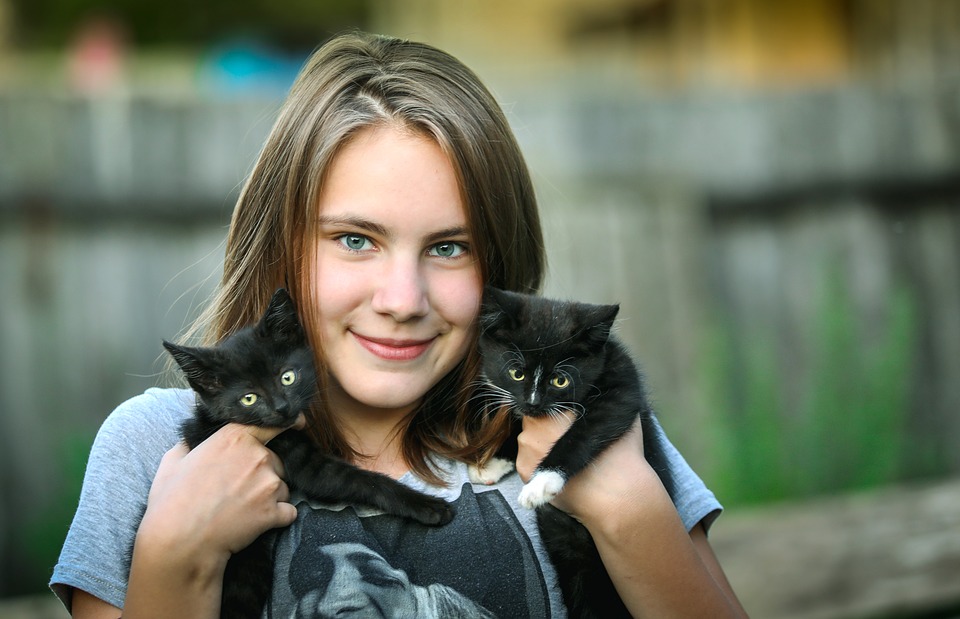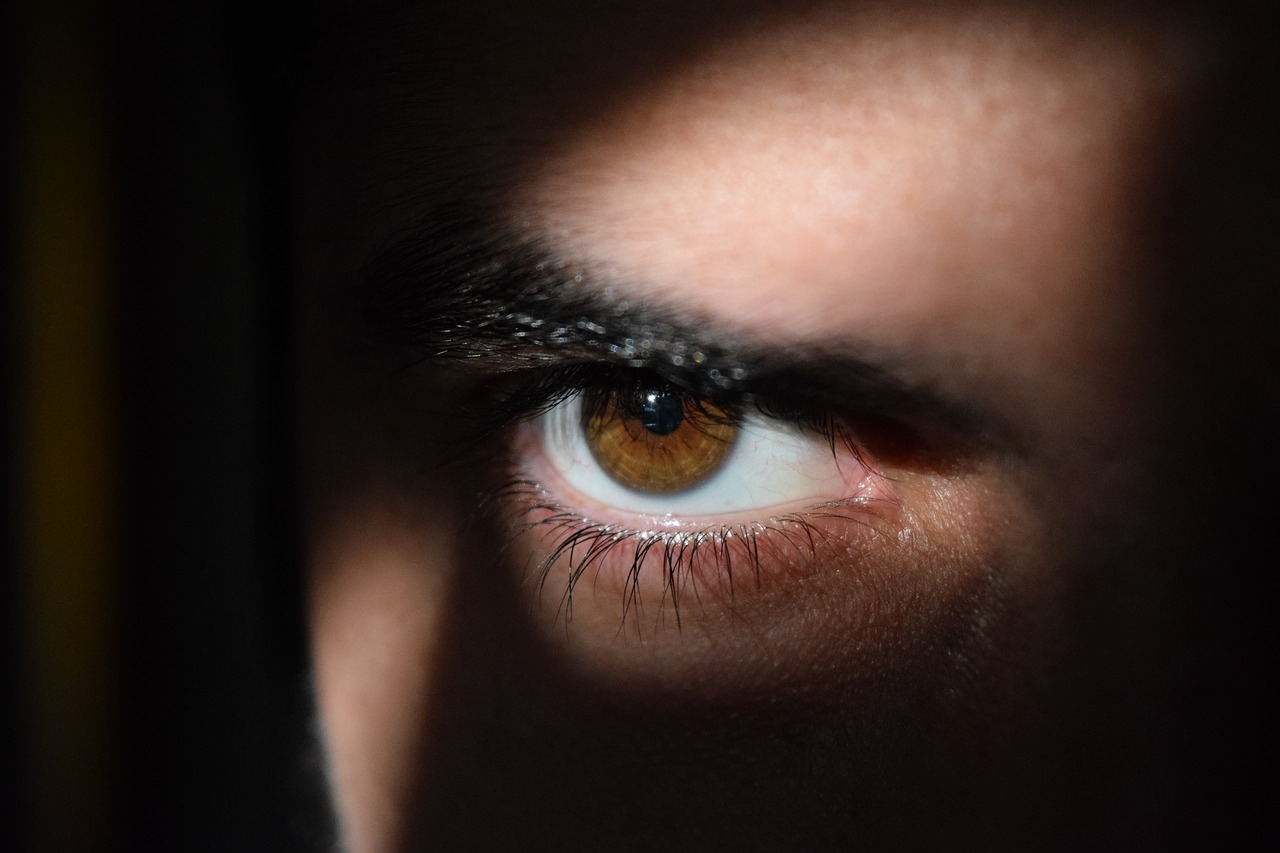What Depression Feels Like: My Story
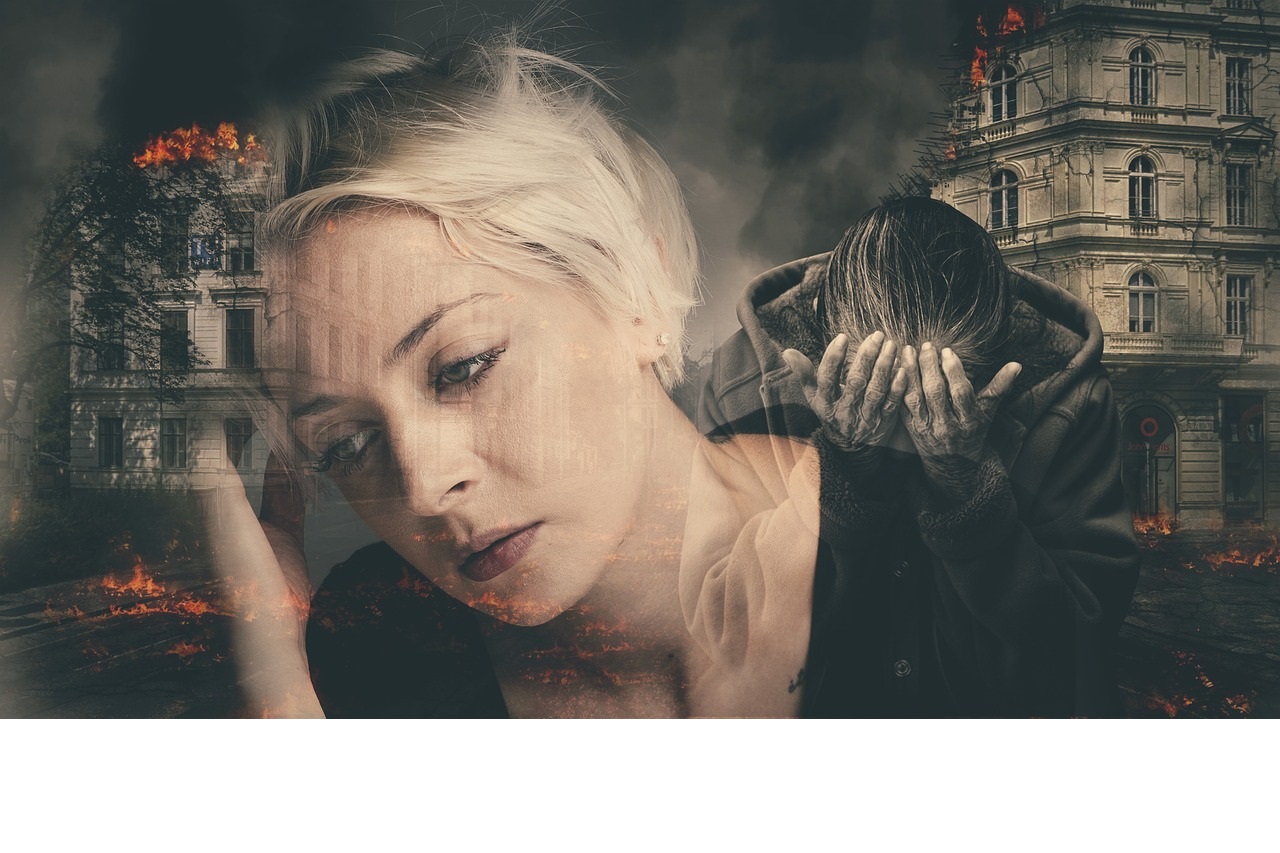
How does it feel to be depressed? People experience it in different ways. Major Depressive Disorder may cause people to feel hopeless, fatigued, bored, and guilty. These are just a few of the possible symptoms that a person who’s depressed may feel.
In order to meet criteria for clinical depression, you must experience symptoms for at least 2 weeks. According to the Diagnostic and Statistical Manual of Mental Disorders, Fifth Edition, or DSM-V, the official manual used by mental health professionals, five of the following symptoms must be present to qualify for a diagnosis of Major Depressive Disorder.
-Feelings of worthlessness or excessive guilt (out of proportion to a wrongdoing)
-Depressed mood
-Anhedonia (lack of interest in things)
-Significant weight loss or gain that is unintentional or a decrease in appetite
-Insomnia or hypersomnia (sleeping excessively)
-Psychomotor agitation or retardation (increase or decrease in body movement)
-Tiredness, fatigue, or low energy
-Difficulty concentrating or indecision
-Frequent thoughts of death or suicide, or suicide attempts
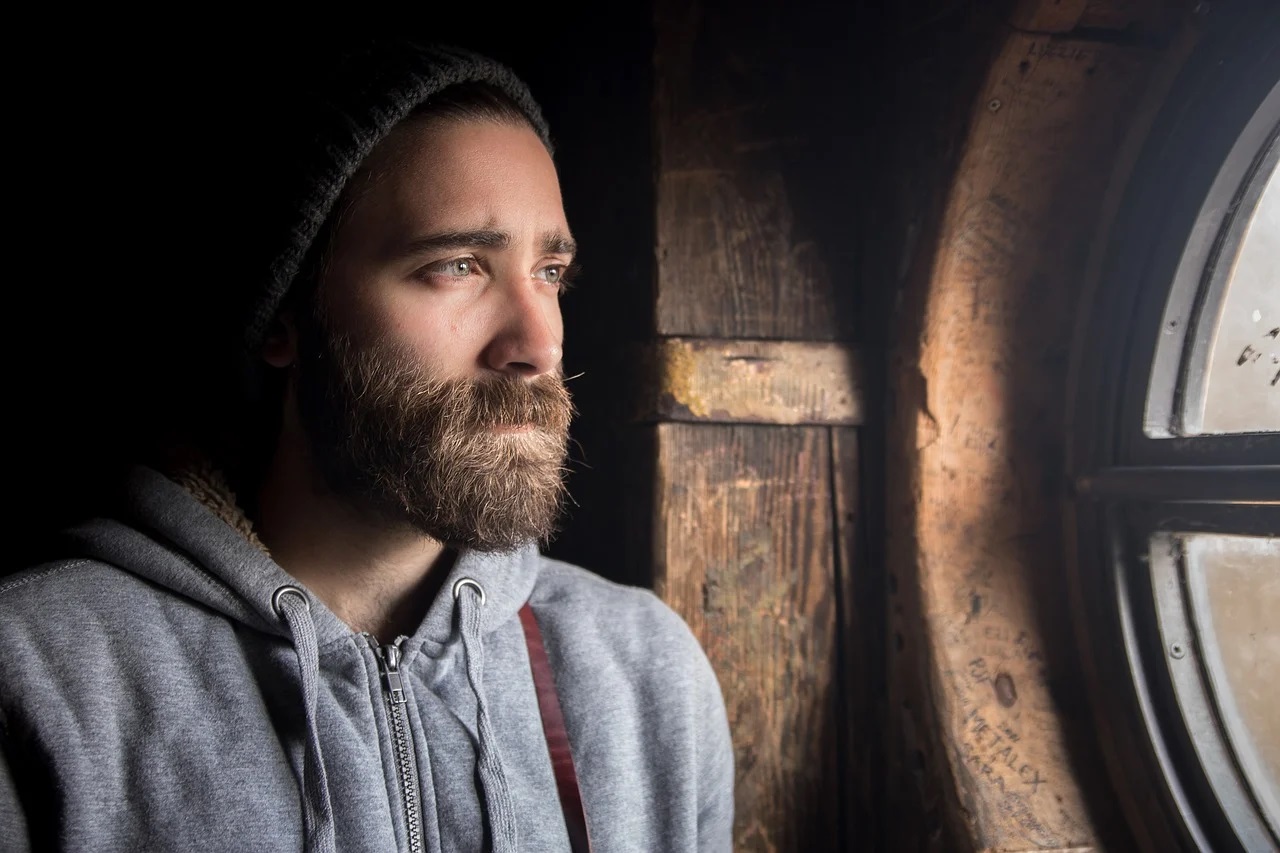
Approximately 7.1% of American adults experience at least one depressive episode in their lives. Today there is less stigma surrounding mental health conditions; however, the public is still woefully uneducated about them.
While depression is relatively common among psychiatric disorders, there are still a lot of misinformed people out there. While the symptoms noted above help mental health professionals recognize and diagnose Major Depressive Disorder, your average layperson may have trouble understanding what they mean.
Contrary to the way much of the public sees this chronic condition, depression doesn’t simply refer to a low mood; and depression differs from a normal reaction to a loss or negative event. Clinical depression exists as a whole constellation of symptoms.
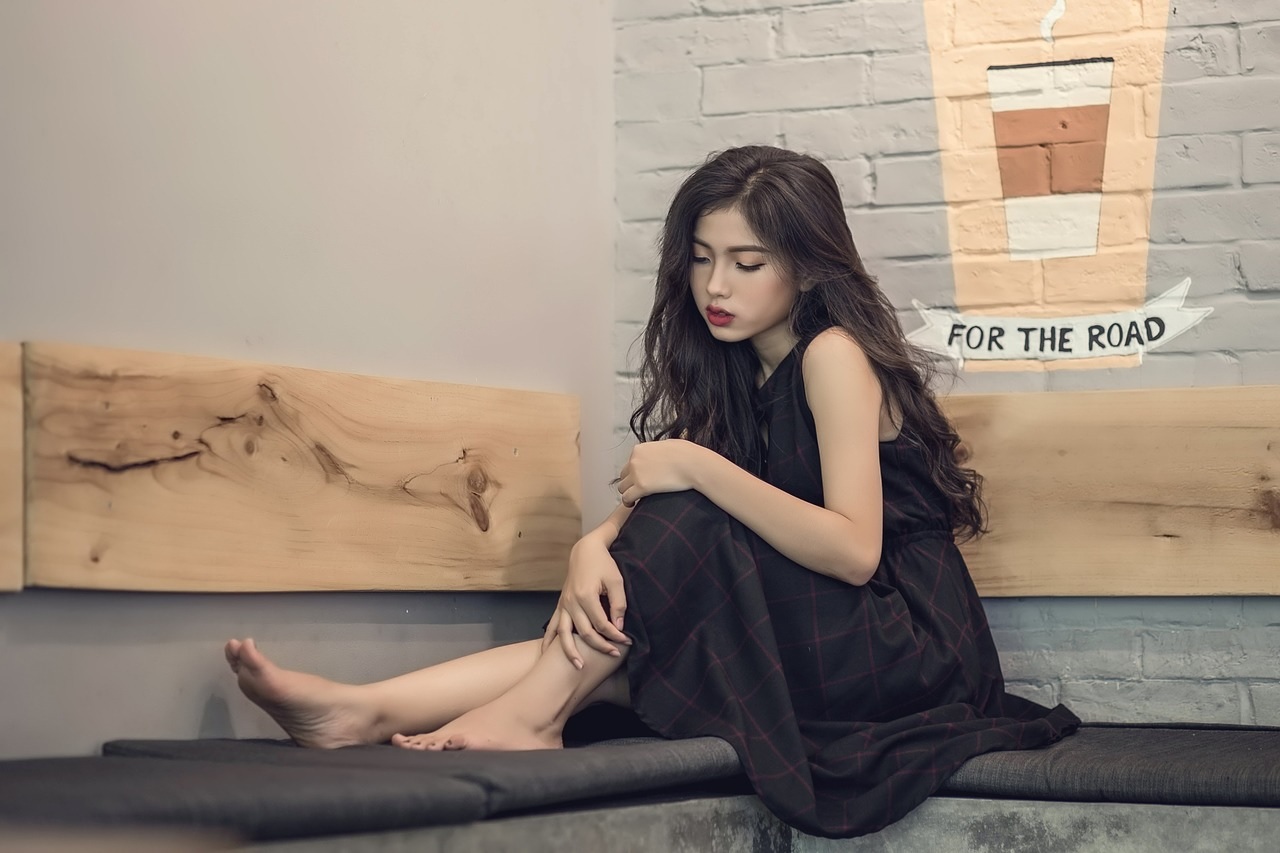
In his book The Noonday Demon, Andrew Solomon aptly describes depressions as a “lack of vitality”. He does a terrific job at describing his experience of depression in the TED Talk “Depression, the Secret We Share.”
An anonymous contributor was kind enough to share her story with us. Let’s look at what clinical depression actually feels like for one person who suffers from it.
When I’m in the midst of a dreaded depressive episode, I find that well-meaning friends and family respond by asking, “Why are you depressed?” They ask this from a caring place, but the question shows their ignorance about how depression happens. They assume that an event has triggered my low mood.
People also assume when I’m depressed that I feel sad. While sometimes this is true, it’s far more common to feel a heaviness in my body and experience an overall “grey-ness.” It’s difficult to explain to someone who has never felt this way, but I’ll try my best in more detail.
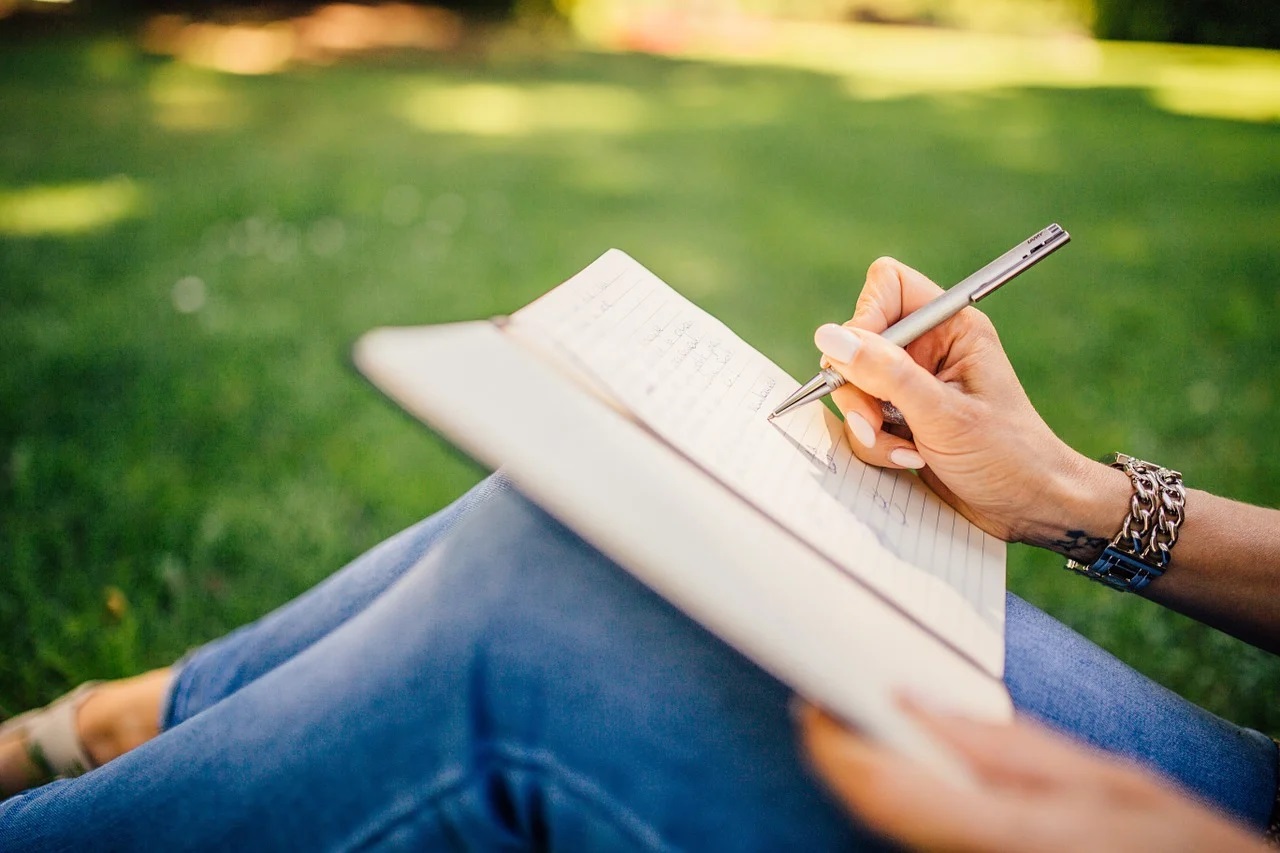
A friend suggested I keep a mood journal that would help me track my depressive episodes. It would give me some perspective over time. For example, are there environmental triggers that I’m unaware of?
Unfortunately, it wasn’t a successful activity. I found when I was feeling particularly low, I would fail to follow through with the project. That’s why I came up with another tool.
I wrote out a list of how my own depression feels. This helps me recognize when an unwelcome depressive phase has come upon me once again.
Believe it or not, sometimes I don’t even realize that depression has enveloped me. I can slip deeper and deeper into the experience, and usually don’t realize it’s happened until I’m on the upswing.
By using this personalized list, I am able to recognize the signs of depression early on. This allows me to catch it early on. With this awareness I’m able to act. I may reach out the the therapist I’ve seen on and off for years, or I might talk to my doctor about a medication change. Resuming mindfulness practice helps too.
For me, depression is a sneaky thing that comes on gradually. I suppose I’ve dealt with it for so long (since my early 20’s) that it kind of feels normal, though very unpleasant. Or perhaps because it does come on slowly, I don’t notice the difference between my “normal” mood and being depressed.
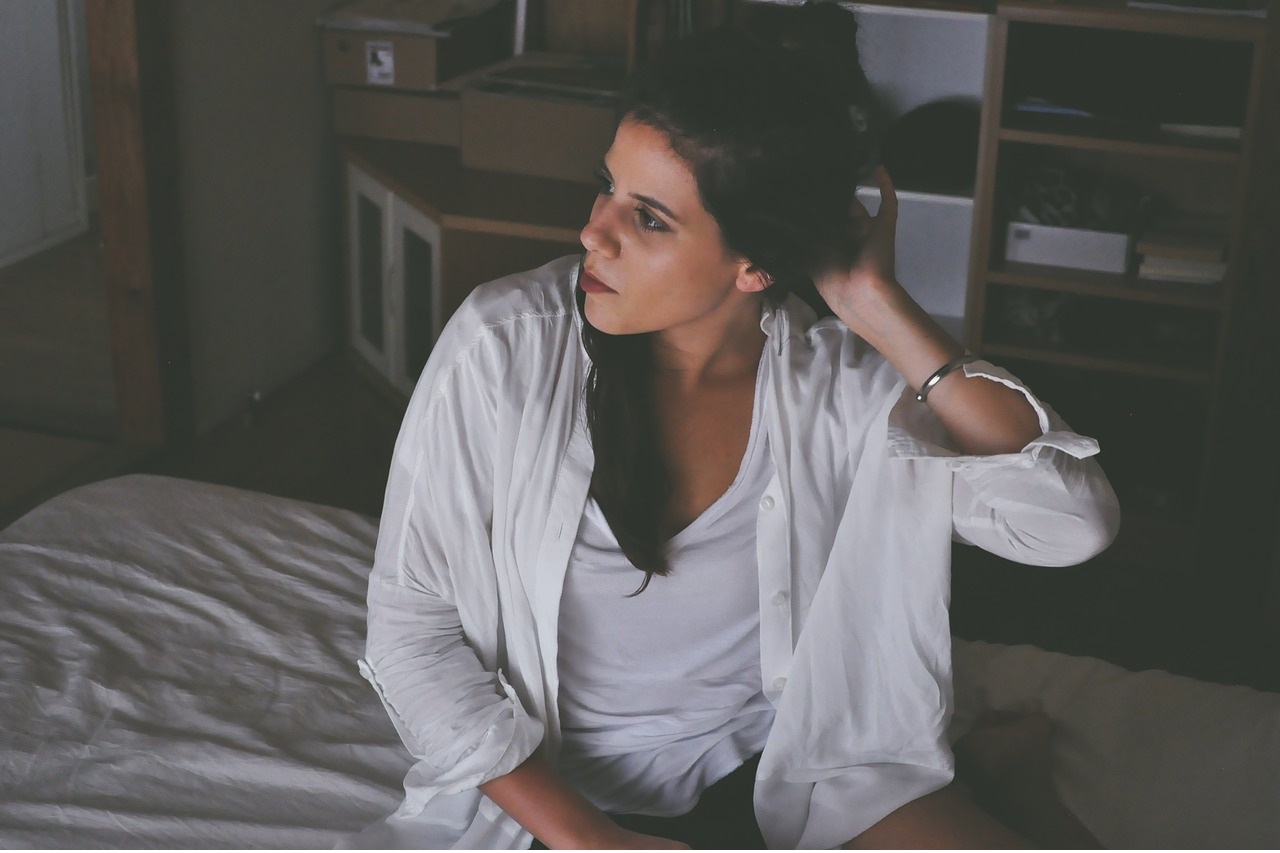
How Depression Feels
Small tasks require a lot of energy and are overwhelming (e.g., showering, folding laundry, paying bills, putting away groceries, talking on the phone, responding to texts, removing trash from the car)
Constant guilt for inability to complete small tasks
Forcing myself to complete small tasks drains energy and is almost physically painful
Automatic thoughts in response to need to complete tasks:
“I don’t feel like it”
“It’s too hard”
“It’s too boring”
Derive little to no pleasure from activities and time with loved ones
Forcing myself to be active doesn’t improve mood and sometimes exacerbates a feeling of hopelessness
Sensory experiences are dulled
Failure to recognize and appreciate details in environment (e.g., a cool breeze, a bright blue sky, etc.)
Everything has a grayish filter over it
Constantly seeking external stimuli to dull the nagging emotional discomfort through things like: social media, junk food, e-cigarettes, caffeine, alcohol, binge watching TV.
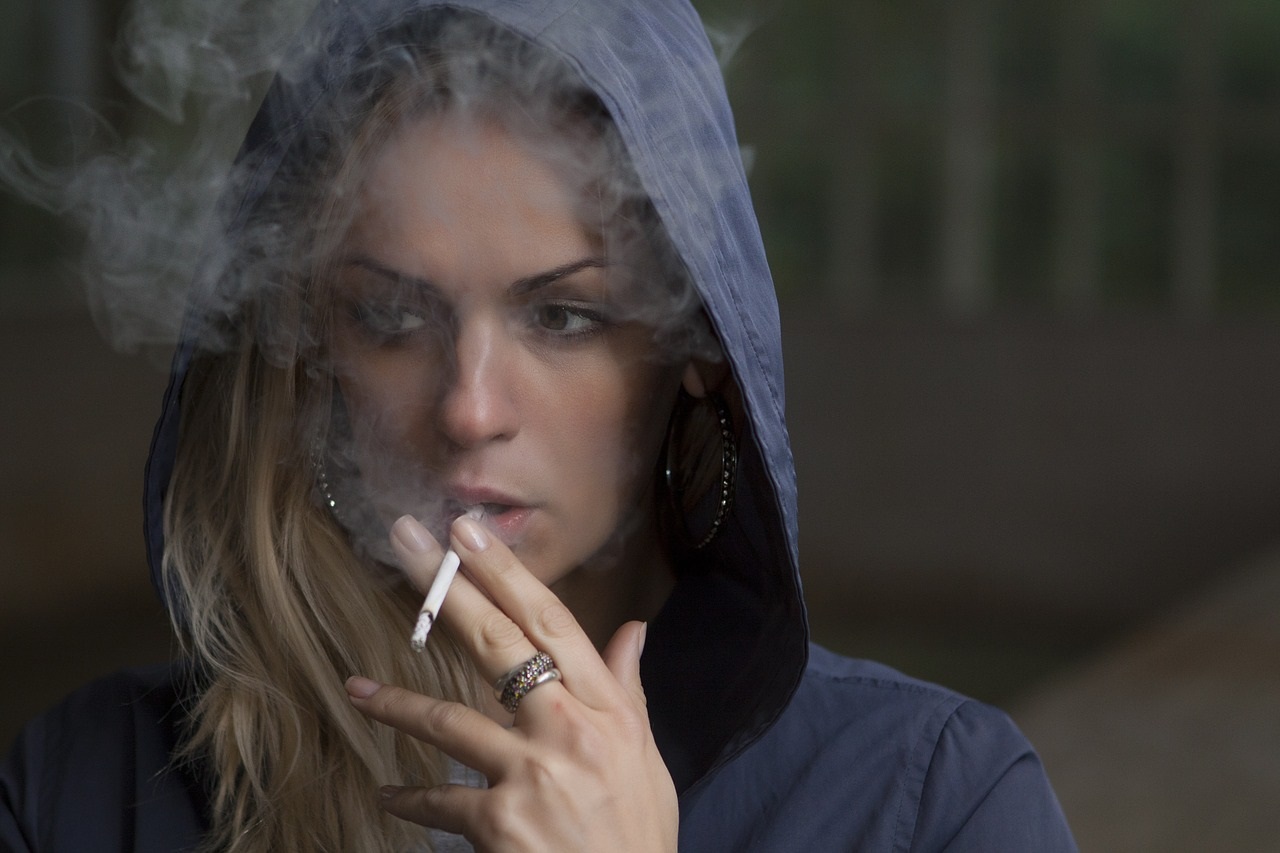
Lack of concern over physical well-being/health/life vs death (i.e., “passively suicidal’)
No interest in the future or life in general
Body feels heavy and sluggish
Constant nagging psychic pain that creates physical discomfort and unease
Overly focused on others’ struggles and social injustice
Feelings of guilt for my own privileges and blessings
Irresponsible spending and avoiding facing the consequences (e.g., not paying credit card due to fear of seeing balance)
Increased procrastination
Belief that a long-term relationship will solve my problems
In addition to writing out warning signs, I created a list of how I feel as my usual self. The ability to compare the two has really helped me to gauge where I am.
Looking at both helps me avoid slipping too deep. It allows me to take action before the depression envelopes me. It’s kind of like my safety net. It allows me to catch myself before I sink too deep.

How Normal Feels
Initiate and complete small tasks without thinking about or resisting them
Make commitments and follow through on them (e.g., eating healthier, walking)
Absence of internal commentary that is either judgmental of or makes observations about my behavior
Doing things is effortless or easier
Ability to enjoy and “appreciate the smaller things in life”
Ability to be grateful for things
Body feels physically lighter, more nimble, and less achy
Don’t avoid social contact (e.g., responding to texts or phone calls)
Heightened sensory experience (e.g., notice the color of a bird or the sun’s rays shining through a wooded area)
More aware of environment (e.g., birds chirping, feeling of sun on skin, aromas)
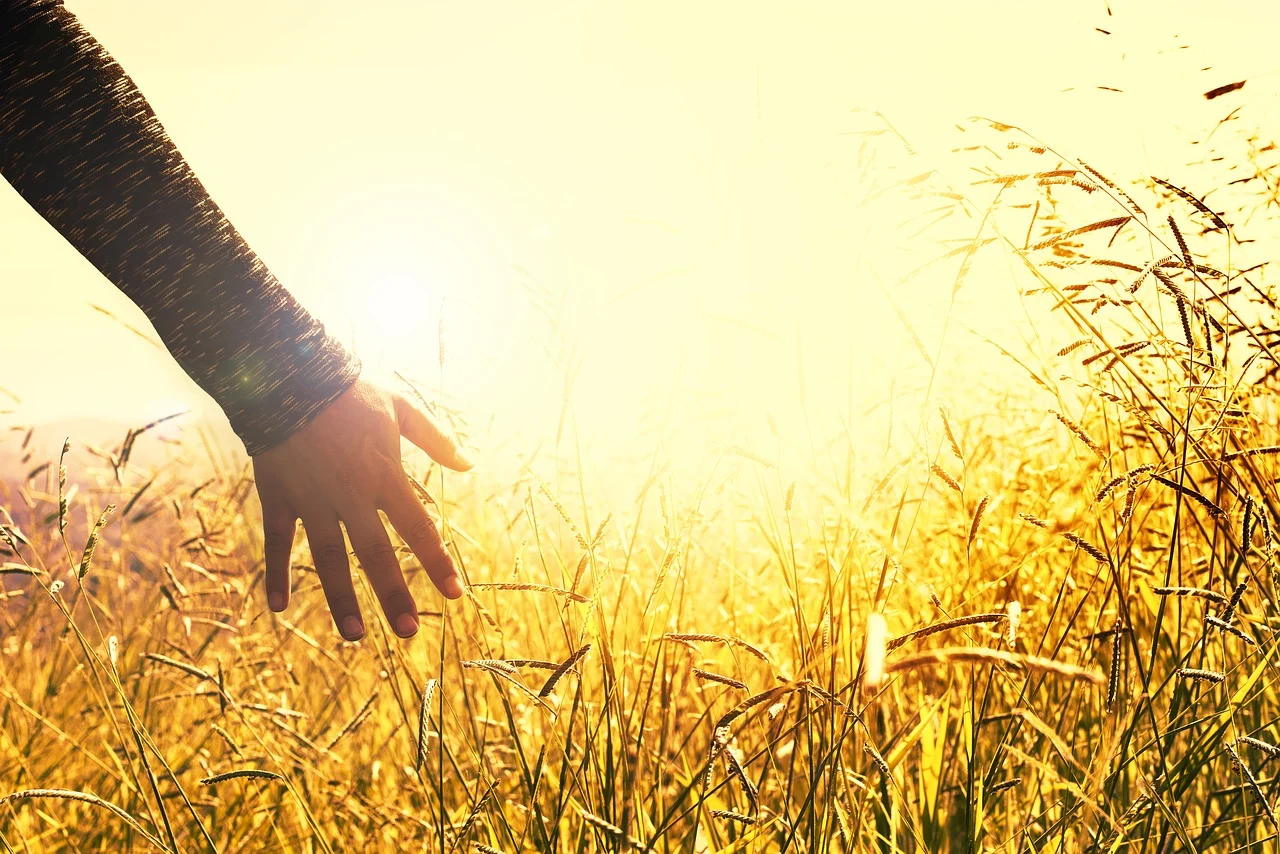
Have concern for my own health and act in a pro-active manner (e.g., cooking vs. ordering food, being physically active)
Increased awareness of how I spend money and ability to control impulse-purchases
Increased insight in general
Tackling tasks (work and personal) immediately. Decreased procrastination.
More realistic thoughts about long-term relationships and decreased longing for one
Writing these lists and hanging them on my fridge helps me recognize where I am mood-wise. For some reason I can’t explain, once I have fallen into a dark place, it’s as if I develop a blind spot. Perhaps that’s because the fall is a gradual one; and maybe I get used to feeling miserable. In spite of dealing with this for years, I don’t feel like I’m naturally a negative, low energy person.
Have you ever noticed how a person’s words can stick with you long after they are spoken, even if they seem insignificant at the time? I remember years ago I told a psychiatrist, “I don’t understand why I feel this way. I’m a happy person.” She responded, “Yes, you are a happy person when you aren’t depressed.” That doesn’t sound very profound, but it summed up my experience to a “t”.
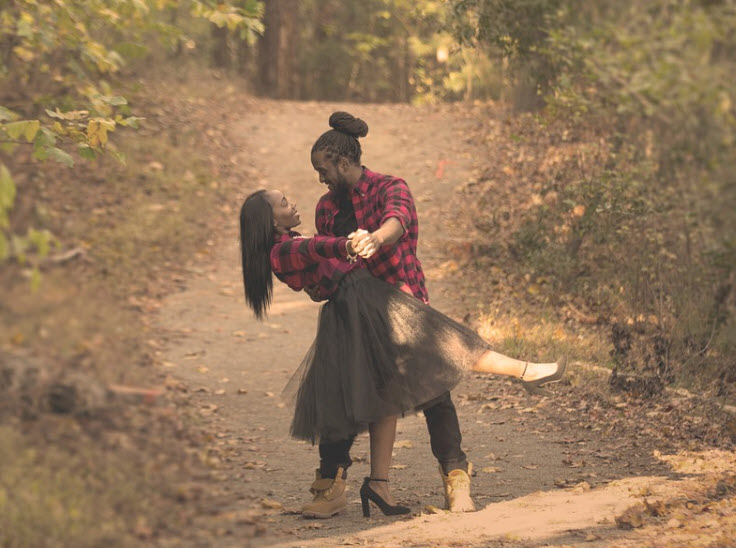
My usual self IS a happy person, and when I’m feeling like like myself, I am a better mother, daughter, sister and friend. I’m able to contribute positive energy to my relationships with loved ones. More importantly, I experience life as richer and more meaningful.
Check out our article on the best books about depression here.
If you or someone you know is suffering from depression, please contact a mental health professional. If you are having thoughts of hurting yourself or someone else, please call 911 or contact the National Suicide Prevention Lifeline.
TheMentalHealthBlog.com is a participant in the Amazon Services LLC Associates Program, an affiliate advertising program. TheMentalHealthBlog.com earns fees from products sold through qualifying purchases by linking to Amazon.com. Amazon offers a commission on products sold through their affiliate links.


